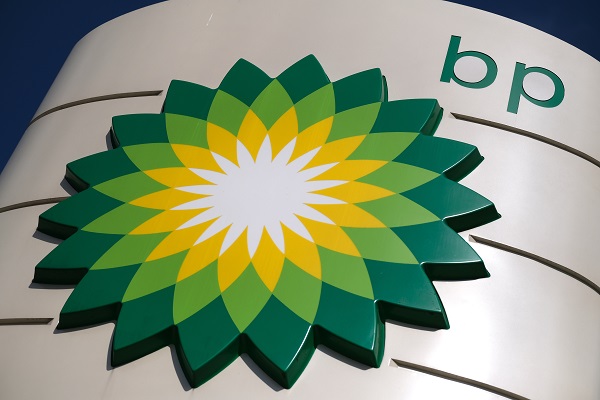BP's stunning profit in 2022 is biggest ever
7th February 2023 08:41
by Richard Hunter from interactive investor
One of the UK's biggest companies is proving that when times are good for the oil industry, they are very good indeed. Our head of markets runs through the latest blockbuster results.

The financial pain of the pandemic has now been firmly consigned to the history books, as BP (LSE:BP.) joins the throng of oil majors reporting bumper annual profits.
The preferred measure, underlying replacement cost profit, came in at $27.7 billion, more than double the $12.8 billion it made the year before and trumping the previous best of $26.3 billion in 2008.
Fourth-quarter profits were slightly shy of expectations at $4.8 billion, but this did little to mar the overall result.
- Invest with ii: Open a Stocks & Shares ISA | ISA Investment Ideas | Transfer a Stocks & Shares ISA
Such cash generation has enabled BP to put the money to good use, in paying down debt, continuing to invest in the business including renewables, and increasing shareholder returns.
Net debt was reduced to $21.4 billion from $30.6 billion the previous year, while capital expenditure increased from $12.8 billion to $16.3 billion. Indeed, the group remains committed to funding its transition to an Integrated Energy company which will comprise the old and the new in terms of energy sources.
The strategy continues apace, ranging from the installation of additional electric vehicle charging points to the purchase of Archaea Energy of the US, a leading provider of renewable natural gas. Previous management comments had suggested that the pace of investment could be slightly scaled back, given that many renewable energy sources are currently unproven and/or unprofitable.
Nonetheless, the company’s transition towards becoming an integrated provider remains possible, providing of course that the oil price remains relatively stable. BP expects to keep capital expenditure between $14 and $18 billion per annum running all the way through to 2030.
Although the oil price has fallen by 4.4% so far this year, the current level of around $82 gives BP excessive leeway, given its breakeven point is $40 per barrel. Indeed, in terms of outlook, the group expects the price to remain relatively robust on the back of recovering Chinese demand, while refining margins are also likely to stay elevated in light of Russian sanctions.
At the same time, BP is also maintaining its pledge of improving shareholder returns. The latest share buyback announcement of $2.75 billion brings the cumulative total to $11.25 billion for the year, while the increase to the dividend puts the shares on a projected yield of 4.4%, which is an additional bonus for shareholders on top of the capital returns which they are currently enjoying.
- 10 shares to give you a £10,000 annual income in 2023
- Is now a good time to start considering smaller companies?
Such immense profits have also enabled BP to withstand the major financial cost of its Russian exit as it steps away from Rosneft, as well as deploying excess capital and at the same time actually providing an upgrade to its earnings guidance for the forthcoming year. The results also underline the cyclical nature of the business and in particular that when times are good, they are very good indeed.
The shares have dipped slightly of late given the marginal decline in the oil price, but over the last year have added 18%, as compared to a gain of 3.5% for the wider FTSE 100.
The oil majors remain an important constituent of many standard portfolios given their cash generation and high levels of shareholder returns when circumstances allow. Shell (LSE:SHEL) may be the marginally preferred of the UK majors, but the market consensus on BP will also likely remain positive, coming in at a 'buy'.
These articles are provided for information purposes only. Occasionally, an opinion about whether to buy or sell a specific investment may be provided by third parties. The content is not intended to be a personal recommendation to buy or sell any financial instrument or product, or to adopt any investment strategy as it is not provided based on an assessment of your investing knowledge and experience, your financial situation or your investment objectives. The value of your investments, and the income derived from them, may go down as well as up. You may not get back all the money that you invest. The investments referred to in this article may not be suitable for all investors, and if in doubt, an investor should seek advice from a qualified investment adviser.
Full performance can be found on the company or index summary page on the interactive investor website. Simply click on the company's or index name highlighted in the article.